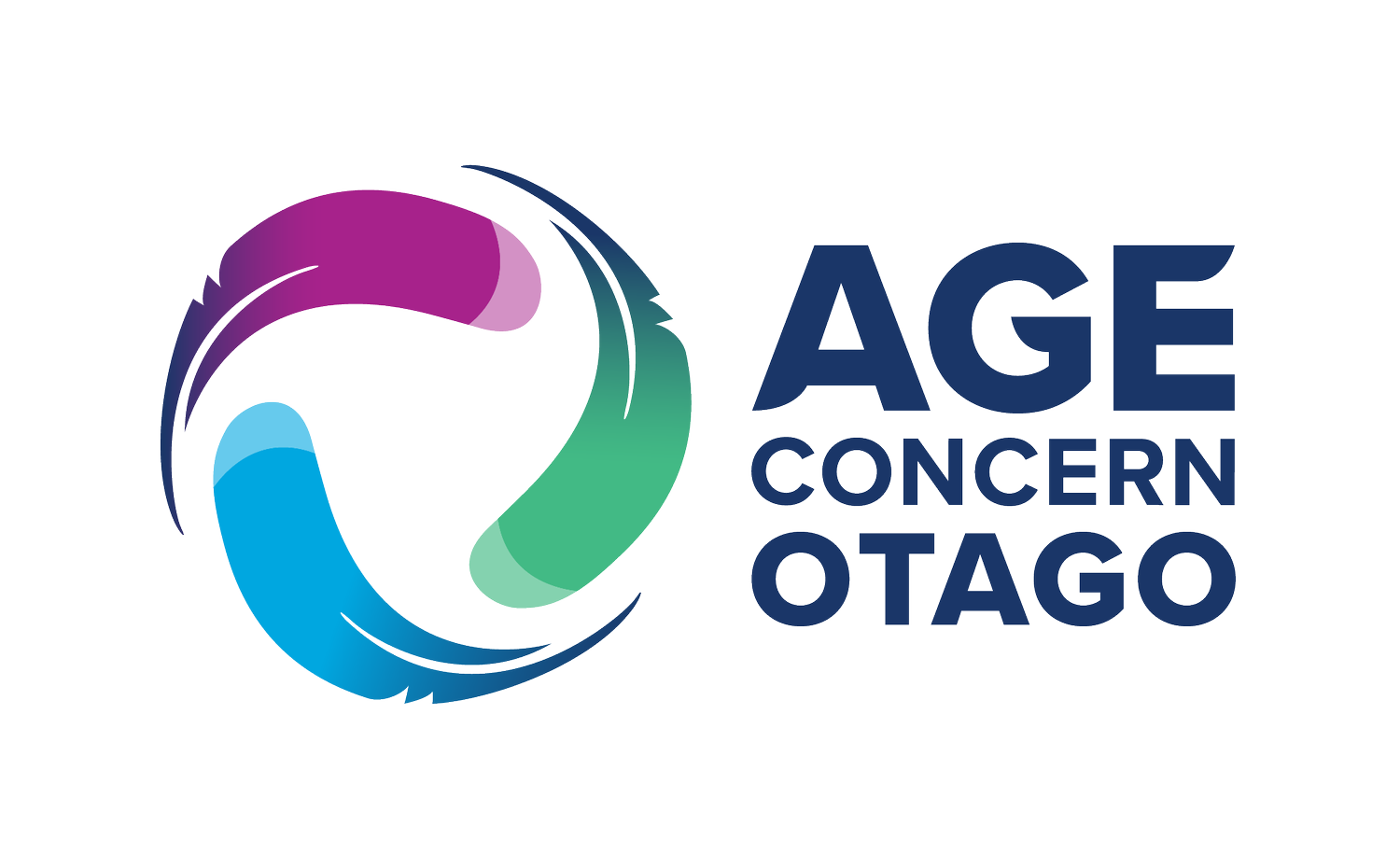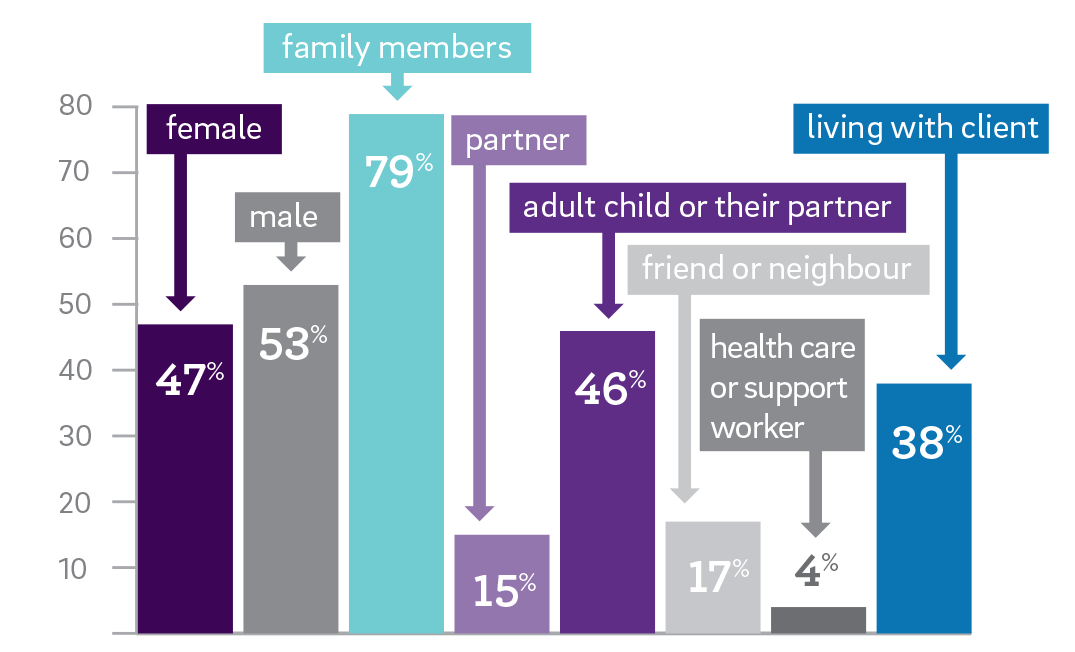What is elder abuse?
Elder abuse and neglect is a single or repeated act, or lack of appropriate action, occurring within any relationship where there is an expectation of trust, which causes harm or distress to an older person.
Definition adopted from WHO Toronto Declaration on the Global Prevention of Elder Abuse, 2002
What does elder abuse look like?
Commonly, several different types of abuse occur together. These include...
Psychological Abuse
Behaviour causing mental anguish, stress or fear. For example:
ridicule or threats
harassment or humiliation
preventing choice or decision-making
withholding affection.
Physical Abuse
Infliction of pain, injury or use of force. For example:
hitting, pushing, rough handling
over-medication
inappropriate use of restraints or confinement.
Financial Abuse
Illegal or improper use of money, property or other assets. For example:
unauthorised taking of money or possessions
misuse of power of attorney
failure to repay loans
use of home and/or utilities without contributing to costs
scams that rely on establishing a relationship with the older person with the intention of exploiting their savings and/or assets, e.g. romance scams.
Neglect
Not providing for physical, emotional or social needs. For example:
inadequate food, clothing, shelter
lack of social contact, support
health needs not attended to.
Sexual Abuse
Non-consensual sexual acts or exploitive behaviours. For example:
inappropriate touching
sexual acts with someone unable to give consent.
Institutional Abuse
A policy or accepted practice within an organisation that disregards a person’s rights or causes harm. For example:
lack of respect for a person’s culture or customs
inappropriate rationing of continence products
inflexible routines e.g. breakfast at 8 am in the dining room.
Who is involved?
Predators are deliberately targeting lonely older people / kaumātua who have assets, forming friendships with them through the internet or in person, then requesting money for various hypothetical emergencies. In many cases, it is the family that contacts Age Concern for assistance. But the older person is often prepared to incur their loss in exchange for the proffered friendship.
Almost half of abused older people are over the age of 80
One-third of abused older people live alone
Three-quarters of alleged abusers are family members, and we know this often continues even when the older person moves to residential care
Almost half of the alleged abusers are adult children
Abusers are as likely to be female as males.
What are the effects of elder abuse?
The personal losses associated with abuse can be devastating and include the loss of independence, homes, life savings, health, dignity, and security. More than half the older people who are referred to Age Concern’s Elder Abuse service suffer debilitating long-term health problems such as depression, anxiety disorders, loss of self-esteem and exacerbation of chronic health conditions, as a direct result of elder abuse.
Elder abuse also damages family / whānau relationships causing isolation and loneliness, grief, and great sadness to the older person. Financial abuse can erode assets and savings so that the older person may find it difficult to buy essential medications, or pay for eye, ear, and teeth care. They may not be able to pay bills and may even lose their home and possessions. Older people who have been abused lose their ability to live independently and require ongoing support from the health sector, or residential care.
If you have concerns about the way you or someone you know are being treated. Please contact us via the contacts on this page.



